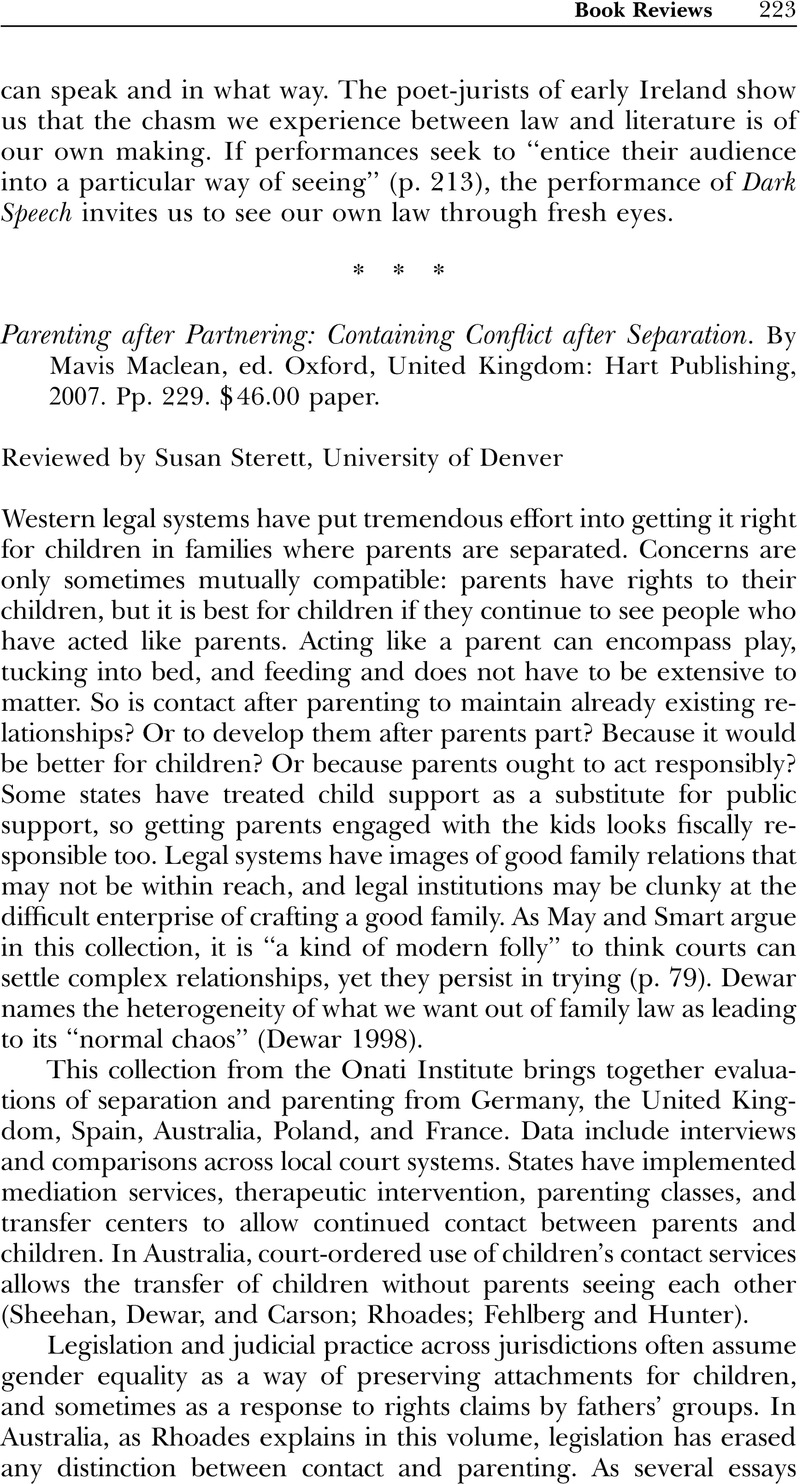Crossref Citations
This article has been cited by the following publications. This list is generated based on data provided by Crossref.
Leckey, Robert
2012.
Two Mothers in Law and Fact.
SSRN Electronic Journal,



